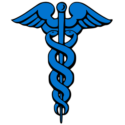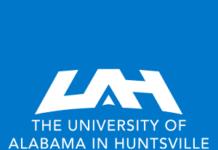 Harvard University reports that nearly 80 percent of the students it admitted in this year’s admission cycle have agreed to enroll at the university. Harvard’s generous financial aid programs, which have awarded more than $1.5 billion to students since 2005, as well as its highly regarded academic reputation are major factors in this vry high yield rate.
Harvard University reports that nearly 80 percent of the students it admitted in this year’s admission cycle have agreed to enroll at the university. Harvard’s generous financial aid programs, which have awarded more than $1.5 billion to students since 2005, as well as its highly regarded academic reputation are major factors in this vry high yield rate.
The new entering class is 52 percent male and 48 percent female. Black students make up 11.4 percent of all students in the Class of 2020. This is the highest percentage of Black students in any entering class in Harvard’s 380-year history.











